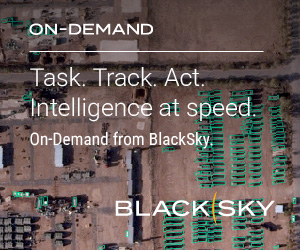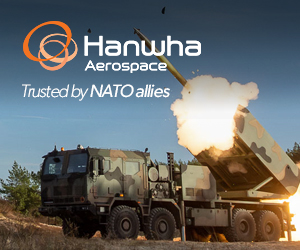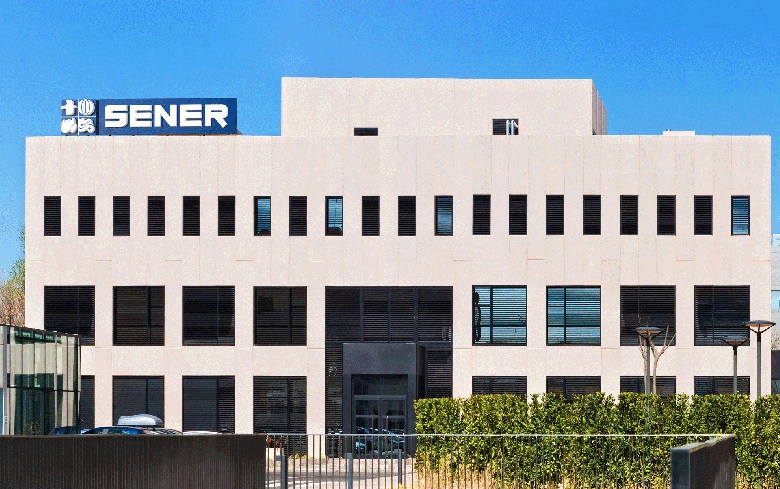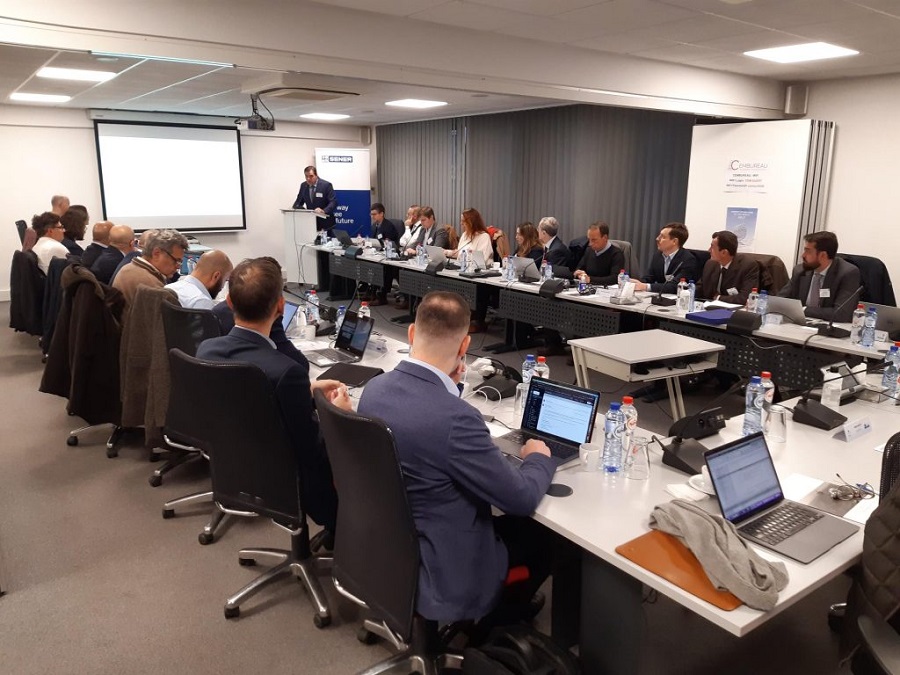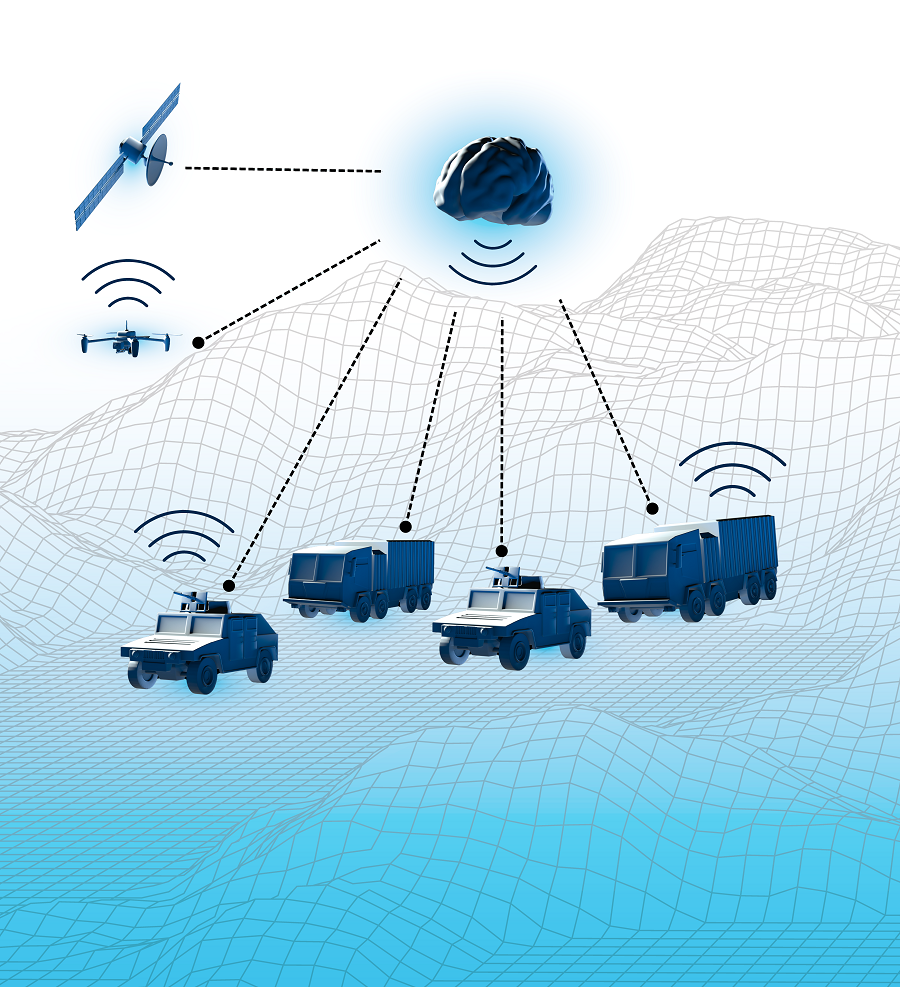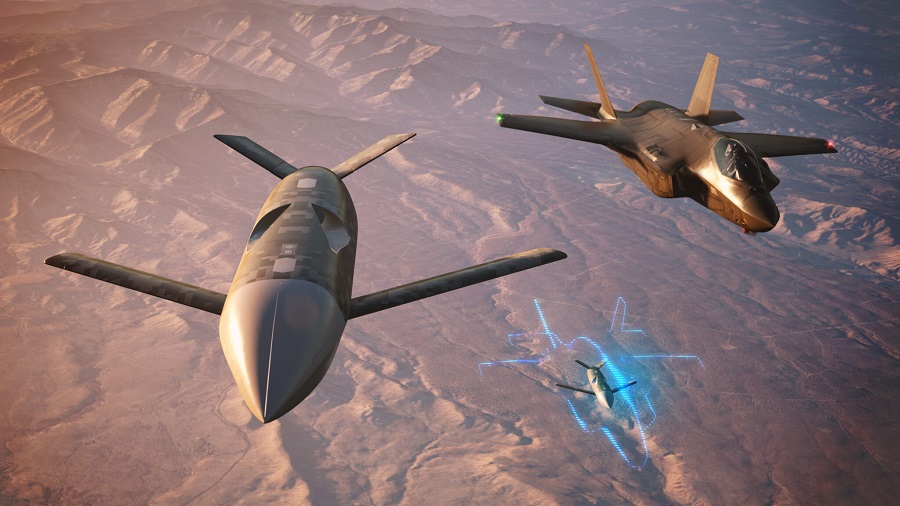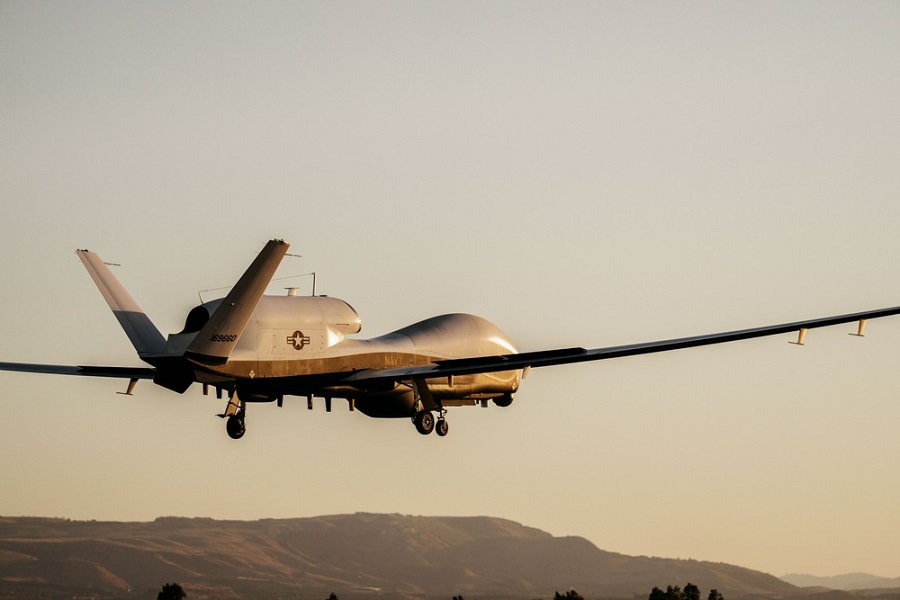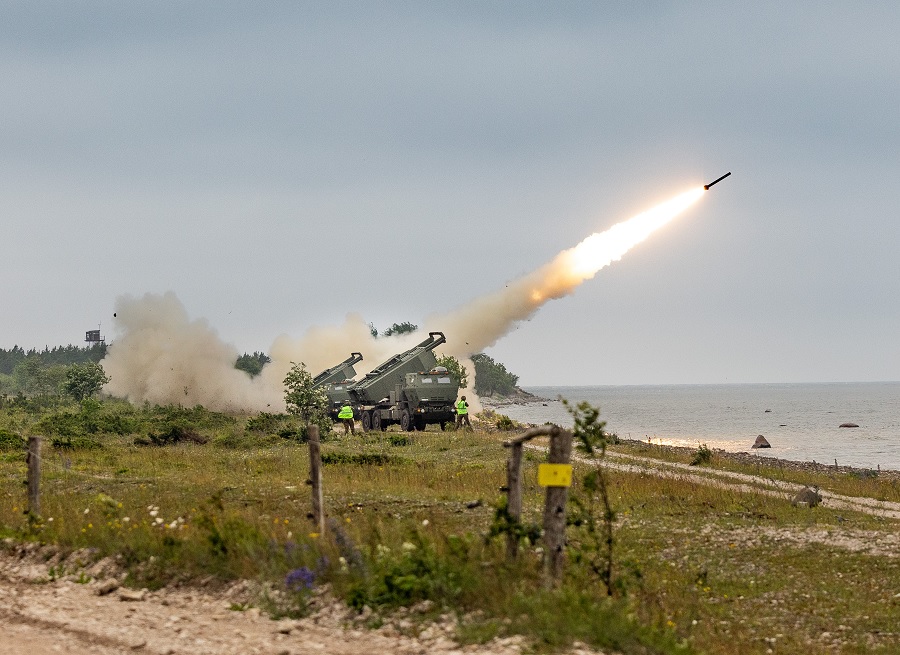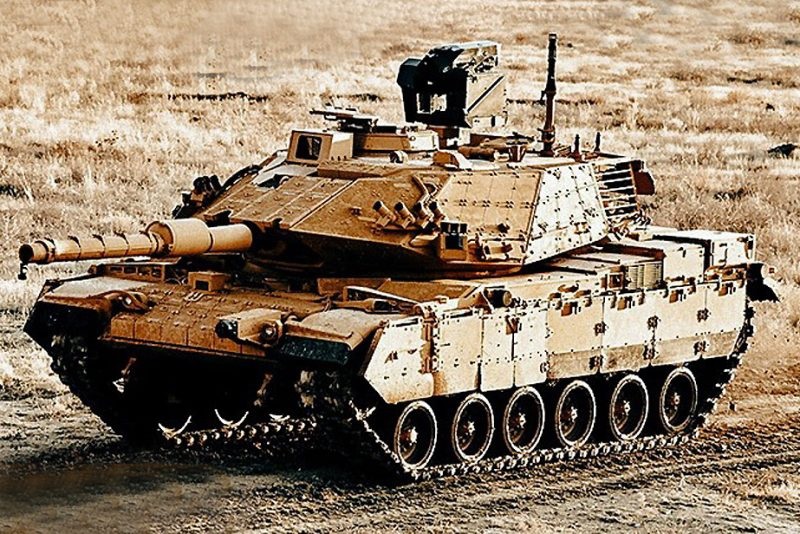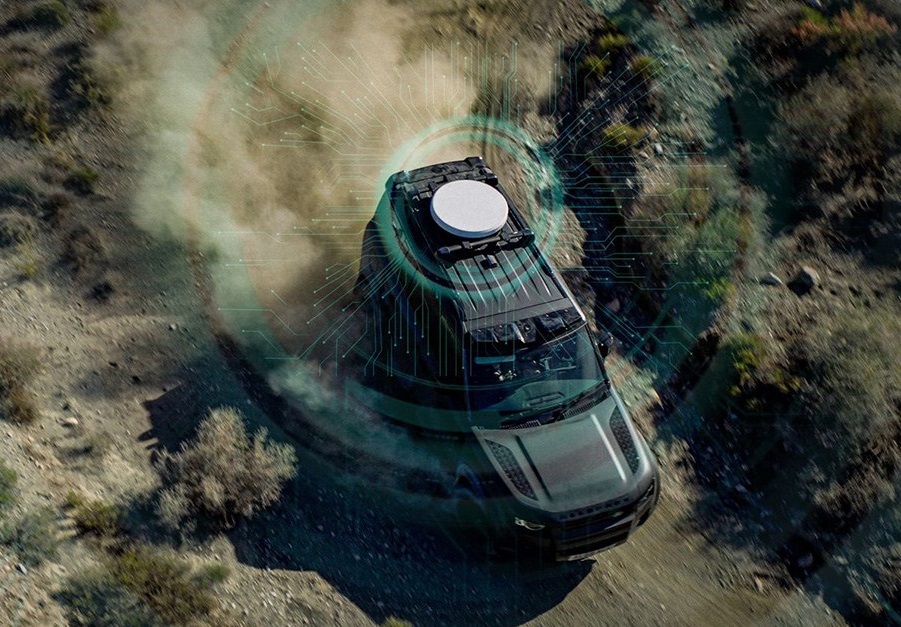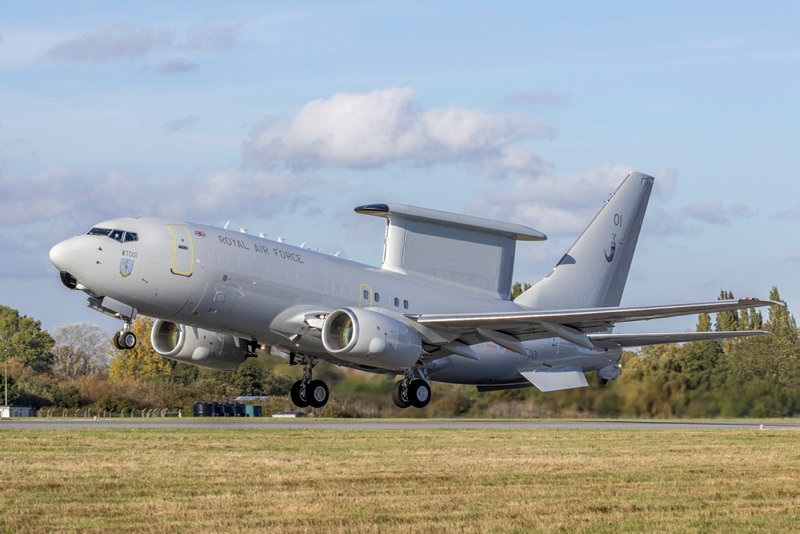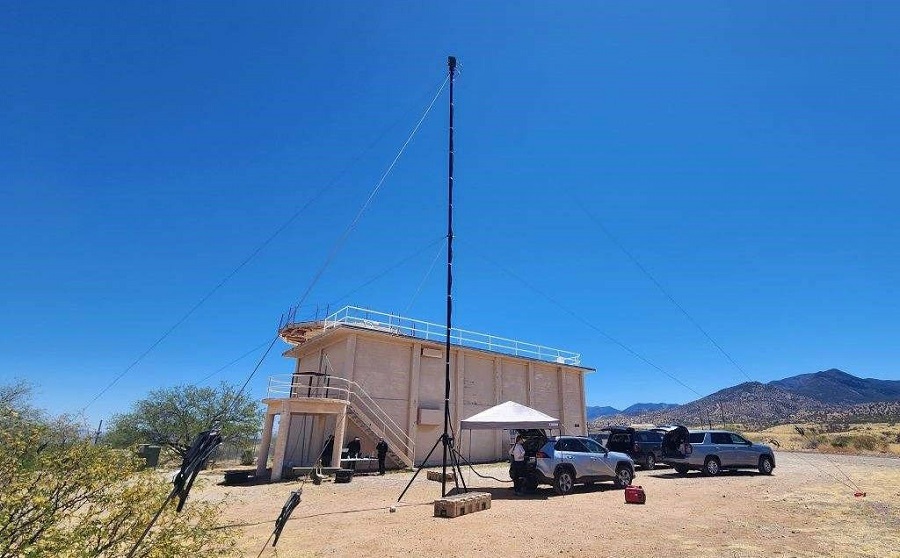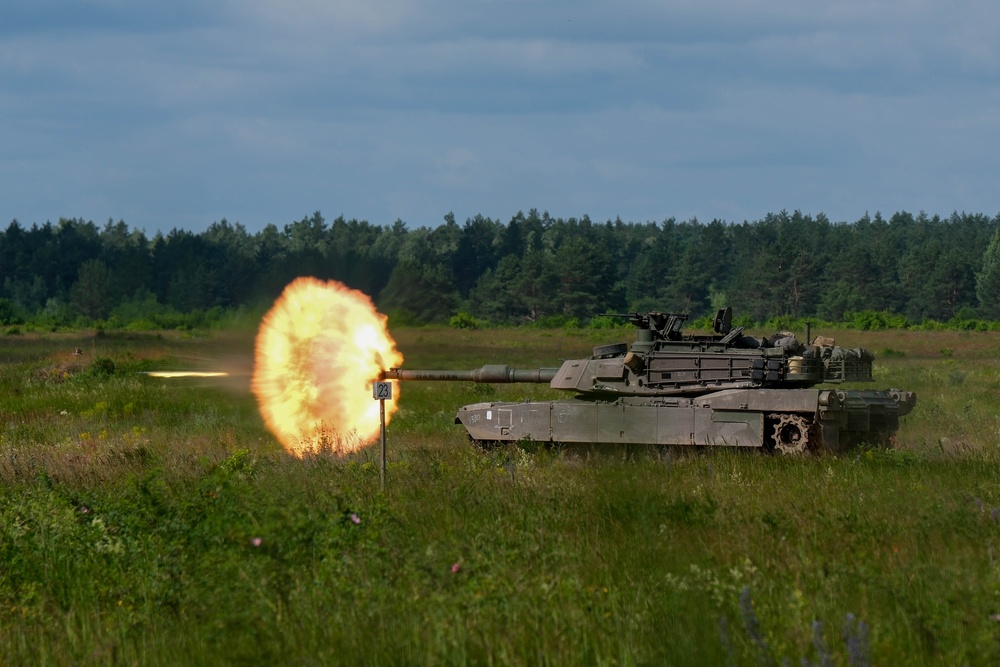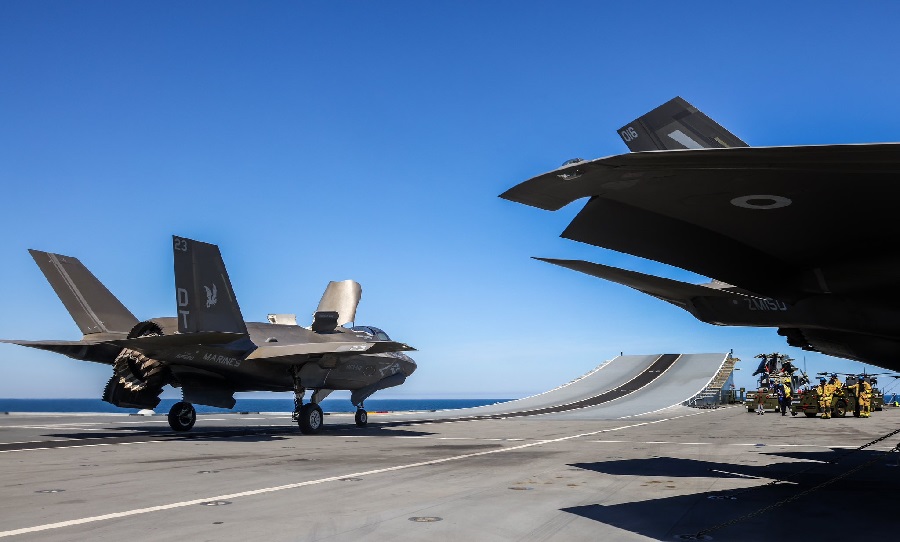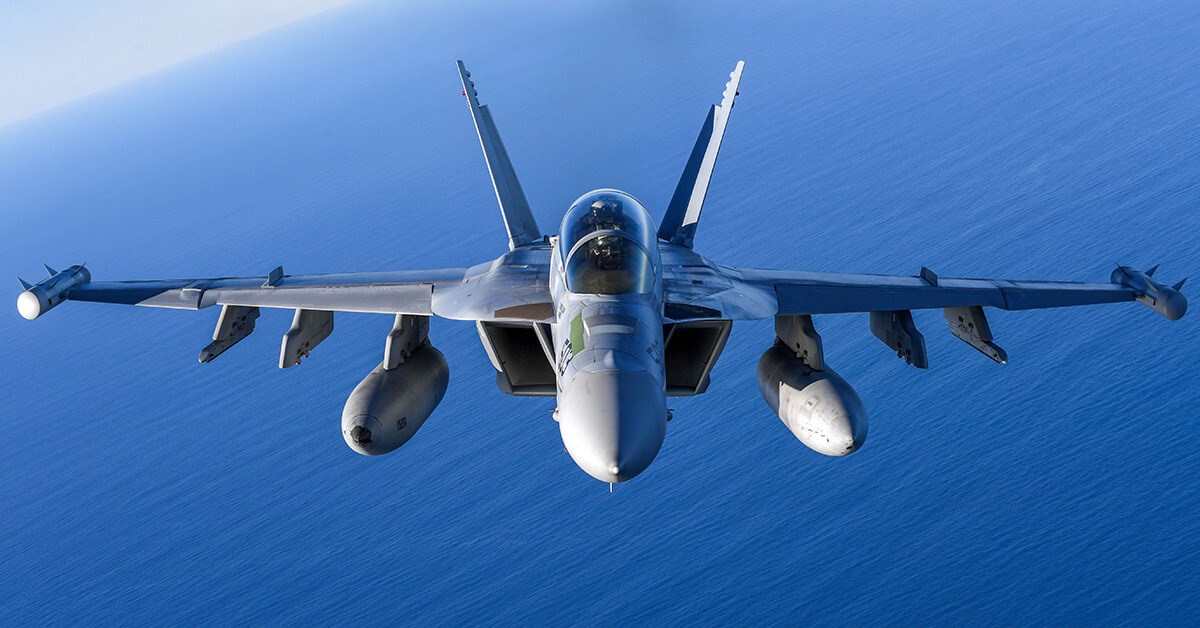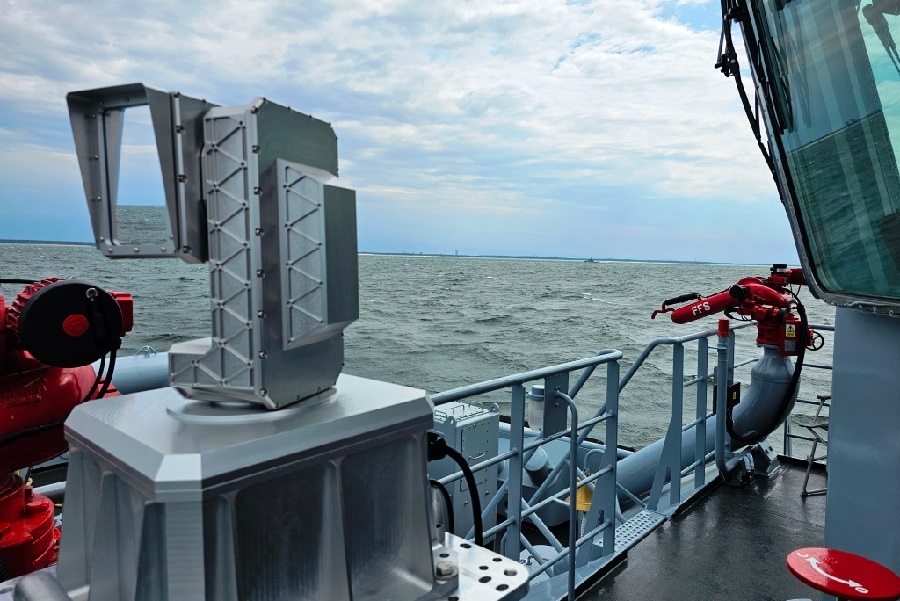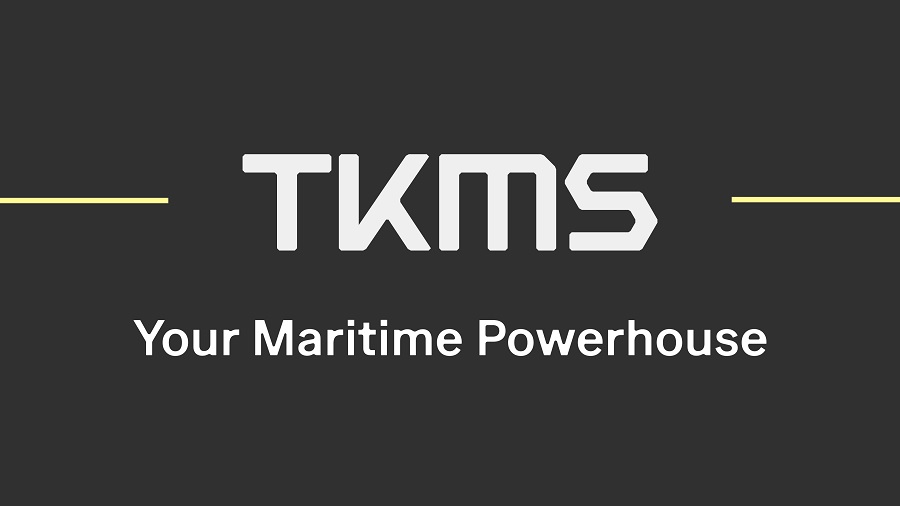The goal is to undertake the development, mass production and logistical support during the life cycle of the two subsystems (broadband and narrowband) that will connect the unmanned aircraft with the different ground stations.
The contract is part of the European defense program Eurodrone, which manages the OCCAR on behalf of the partner countries. Spain, with a 23% stake, is part of the initial group of four nations that realized that international collaboration is the most suitable instrument for developing their capabilities in a balanced way in the field of medium-altitude long-endurance (MALE) remotely piloted aircraft systems (RPAS), and since October 2016, it has partnered with Germany (31%), France (23%) and Italy (23%) to make the project a reality.
The development of Eurodrone will guarantee Europe sovereignty in ISTAR (Intelligence, Surveillance, Target Acquisition and Recognition) in unmanned aerial systems (UAS) and promote the European defense technology and industrial base (EDTIB) in the participating countries, reducing the technological gap with the other global players that have traditionally dominated this field. Eurodrone could be integrated into civil air traffic and operate in non-segregated airspace, once this is allowed by law, and it will become one of the main pillars of any potential aerial combat system, such as the Future Combat Air System (FCAS).
In a scenario where hyperconnectivity provides an edge in any area, and especially in the case of unmanned platforms, the development of sovereign technology becomes a strategic element. The awarding of the Eurodrone Data Link to Sener Aerospace and Defense fits perfectly with the company’s strategy and provides a significant industrial return to Spain. This development model is also reinforced by industrial collaboration thanks to the strategic agreement between Sener Aerospace and Defense and Hendsolt’s French subsidiary.

